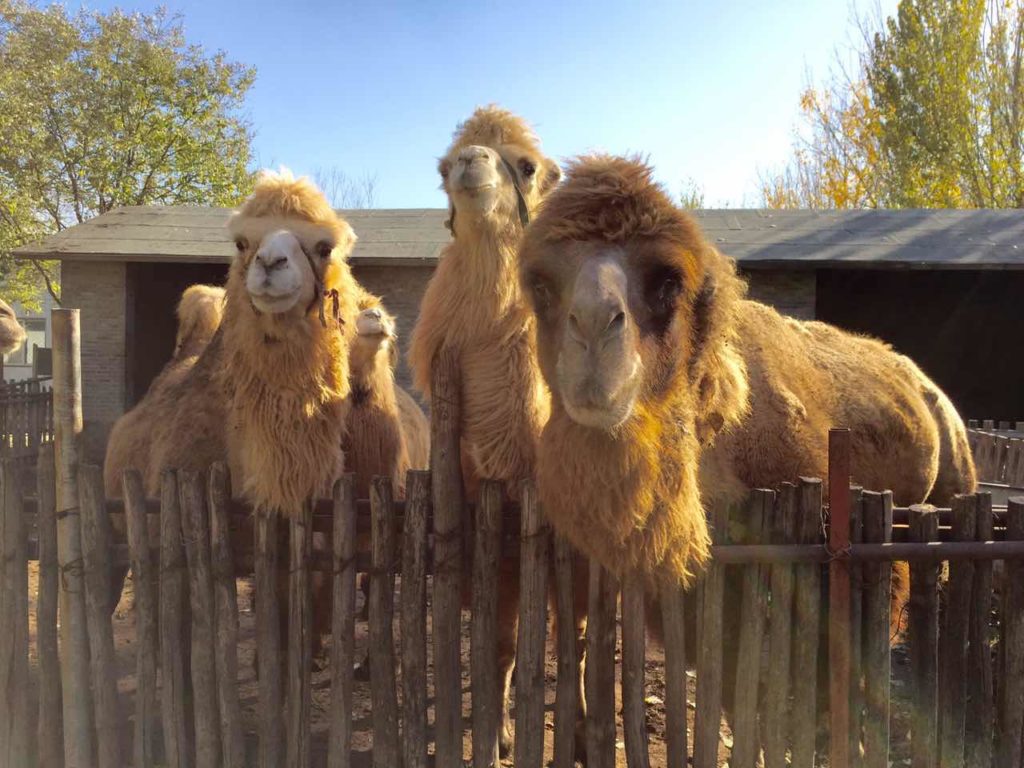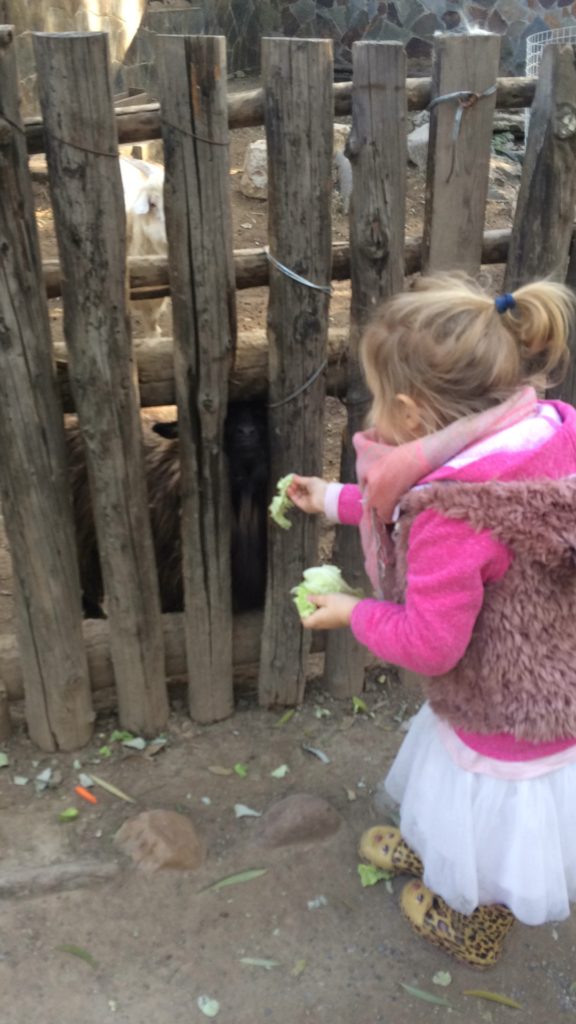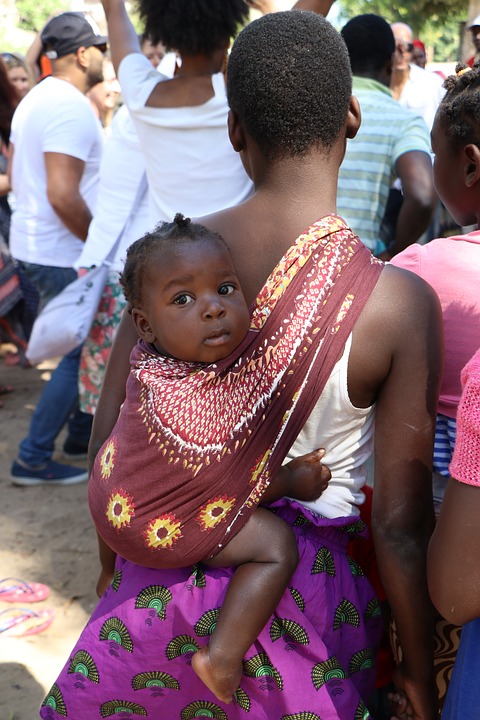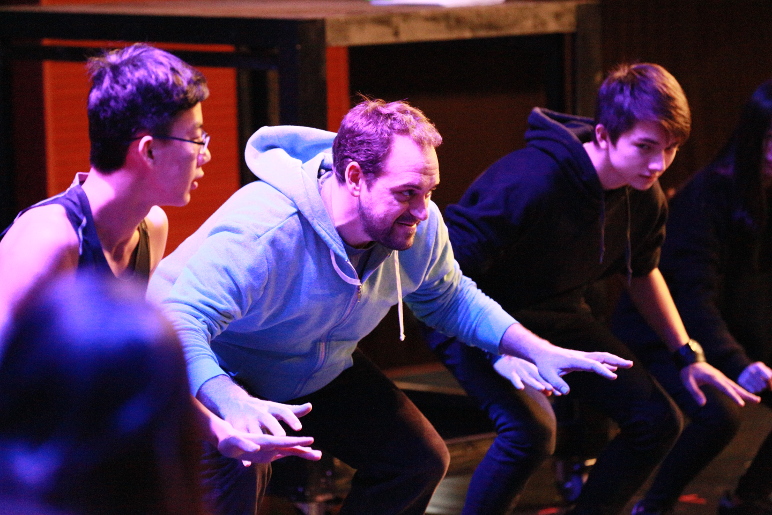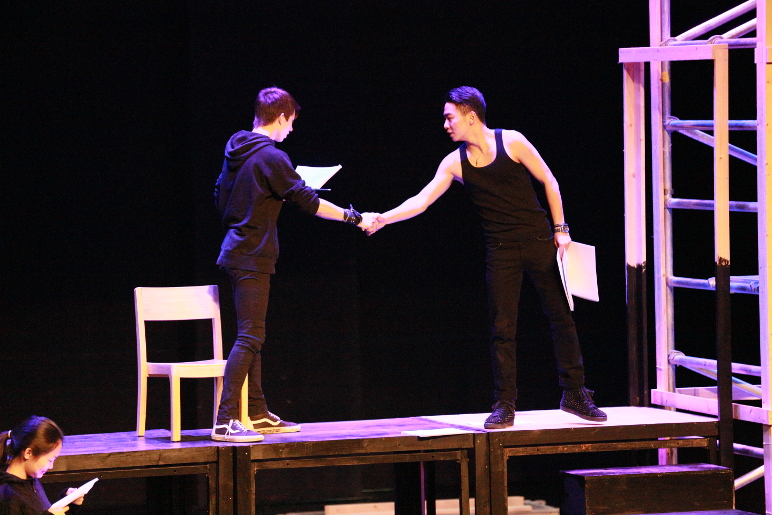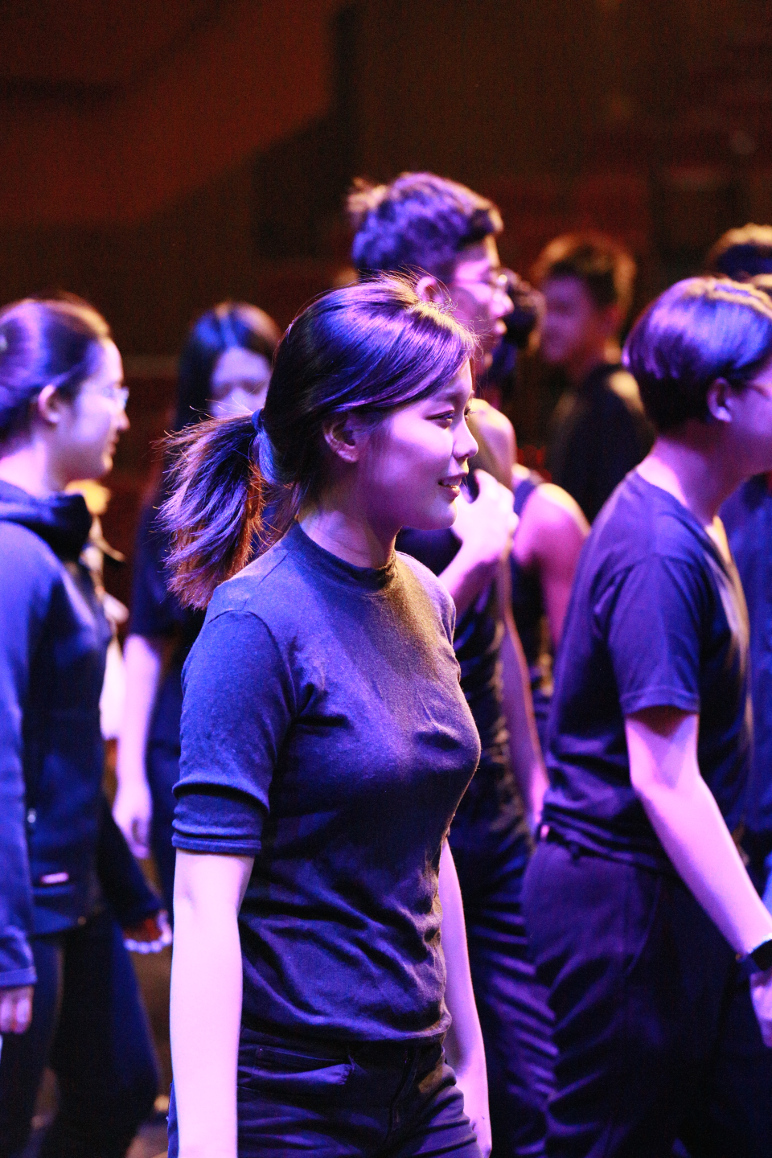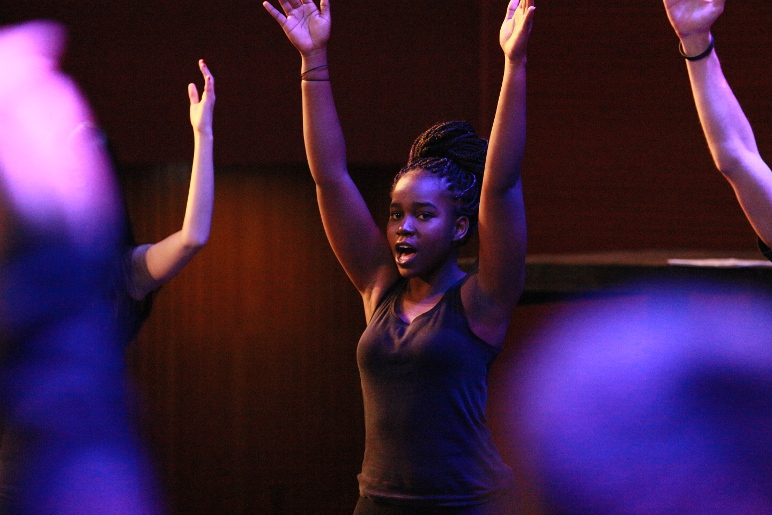Cristina Pop is a former Beijing expat who still takes part in the online Beijing community. When parents expressed a confusion over different parenting styles, she offered to write an article for readers. Many thanks Cristina! Find her on her blog at mothers-abroad.com.
As a new mom I felt overwhelmed. I didn’t read any parenting book before I gave birth. I was the first one to have a baby in my extended family. I didn’t really think about what being a parent meant before I became one. I thought that it will come naturally to me.
It didn’t.
I somehow knew the kind of parent I didn’t wanted to be but I didn’t know who I wanted to be. My midwife, my pediatrician, my friends kept telling me: You are the mother, you know your child best, you should know, just trust your instincts
Instincts… intuition… Yes, all this came to me but not in the first days. Trial and error, this is how I learned. One day I put my baby in the pram to go out for the first walk outside the house. I did it because all my friends used strollers. But it didn’t feel right. So instead of the pram I used a sling to wear her: close to my heart where I could feel her. She didn’t liked to sleep alone, so she slept on our chests and in our bed, despite everything I was told (this is too dangerous, this is a big mistake, she will never want to sleep by herself, she needs to learn to soothe herself, just let her cry it out and she will fall asleep by herself )
After a few months I came across The Attachment Parenting Book by William and Martha Sears. And everything started to make sense. I thought that I was just parenting my daughter but I was amazed that it had actually a name: I was attachment parenting.
It might sound like a new trend in parenting but it is not. Incidentally, the subtitle of the book is “A Commonsense Guide to Understanding and Nurturing your Baby.” Jean Liedloff has observed and researched the way the indigenous tribe of Yeguana people in Venezuela raise their children and it very much looked like attachment parenting.
With Dr Sears’ book I opened the big door of parenting literature and I felt overwhelmed for the second time. This time not by being a parent, but by amount of conflicting advice for new-parents and parents to be.
Let’s have a look of how two different parenting styles deal with something that parents need to face every day since their baby is born: crying.
“Children do not need to be held constantly and may not want to be held when they cry or are upset,” says Magda Gerber, founder of RIE (Resources for Infant Educators). “Parents often associate crying with pain. An infant’s cry can stir in us feelings of fear or pain from our own childhoods and we may assume our bay is experiencing the same pain. With babies, this isn’t necessarily so. A child can calm herself by sucking her blanket or thumb. Some children cry to calm themselves (…). Young babies use crying as a release of energy. Crying is a good physical release.”
![crying baby]()
Now here is what Martha and William Sears have to say: “A baby’s cry is a baby’s language. It’s baby’s way of saying ‘Something is not right, please make it right!’ The infant’s cry is designed to help the baby survive by calling attention to her needs. [And we want our babies to not just survive, but thrive.] Researchers who have studied the sound of a crying regard the infant’s cry as the perfect signal: disturbing enough to command attention but not so disturbing that parents want to get away rather than respond. Crying is how a baby keeps her parents close and attached. Respond to your baby’s cry with your ear and your heart.”
Magda Gerber (RIE) disagrees with baby wearing: “Using a baby carrier or a baby sling, leaves your baby hanging from your body in a passive position, unable to move,” while Attachment Parenting encourages parents to wear their babies (in a sling or baby wrap) as much as possible: “For centuries women in various cultures around the world have carried their babies in different kinds of slings and shawls. Experience taught these women that babies are happier in the arms of their mother or another person who cares for them. Buggies and strollers are relatively new inventions, in use only in modern times, when experts’ have advised women not to spoil their infants by paying too much attention to them.”
Also regarding where a baby should sleep, these 2 parenting styles disagree. Magda Gerber writes “I feel it is important for a child to fall asleep alone in her crib a learned behavior that will serve her well for life. Everybody should be able to sleep alone.” William Sears laughs about an invitation he received to write an article about “the controversy about sleeping with your baby” and he asks, “What is so newsworthy about parents sleeping with their babies? Parents have slept with their babies for thousands of years, and even today the practice is not unusual. Most of parents do sleep with their babies, at least some of the time- they just don’t tell their doctors and relatives about it.”
And the list of contradictory advise can go on and on but I think this is already enough to confuse a new parent.
Do we need these parenting books? Why do we read them despite the fact that they confuse us?
“I would be ashamed to admit to the Indians that where I come from the women not feel themselves capable of raising children until they read the instructions written by a strange man,” stated Jean Liedloff, quoted by New York Times after one of her expeditions in Venezuela where she lived with the Yecuana people.
“It is standard practice in the advanced countries to buy a book on baby care the moment a new arrival is expected. It may be current fashion to let the bay cry until its heart is broken and it gives up, goes numb and becomes a “good baby”… Whatever it is, young mothers read and obey, mistrusting of their innate ability, mistrusting of the baby’s “motives” in giving the still perfectly clear signals babies have, indeed, become a sort of enemy to be vanquished by the mother,” she writes in her unique book, The Continuum Concept, where she describes the way the Yecuana people raise their children and the differences between their way and the practices in the “advanced” countries.
Truth is that, unless you live in a community where raising children is done the exact way it has always been done or you want to raise your child exactly the same way your parents raised you, chances are that you come across a piece of advice coming from a parenting book one day.
And even if you raise your child the same way your mother raised you, know that older generations have also been influenced by parenting experts.
In her book What Mothers Do – Especially When It Looks like Nothing, Naomi Stadlen reports: “I recall a woman who bore four children between 1940s and 1950s telling me: ‘Your generation is so lucky. We weren’t allowed to pick up our babies when they cried. I can remember standing in the next room, listening to my baby crying, with tears running down my cheeks, because there was half an hour to go before the next feed.’ She was alone in her home. No one had the power to see her or prevent her from picking her baby up. But Truby King’ regime demanded total obedience from mothers- and often got it.”
Truby King influenced generations of mothers with his book Feeding and Care of Baby. Breastfeeding was supposed to be done every four hours by the clock and was forbidden for twelve hours at night. He set up training centers for mothers in several English-speaking countries, Russia, Poland, Palestine, and China. Similar advice is still given nowadays by people around us, by our mothers and grandmothers, and sometimes by doctors. We might think that it’s genuine parenting that they are passing on, but it’s actually the result of the impact on their generations of the parenting advice given by “experts” These “experts” have already influenced our modern societies, and their advice became an integral part of our collective consciousness.
In this context, the question is rather how to survive in this jungle of contradictory advise? I’m pretty sure each parent has her/his own way of dealing with it.
Here is mine:
1. I check what my instincts say about it. You can call it gut feeling or intuition. As a professional coach, I was trained to use intuition as a tool in my coaching sessions. I find my intuition in my body. If I feel a pressure in my heart and my chest, then I know that this piece of advice is not for me. We all have this tool, but we have unlearned how to use it. The good news is that listening to our intuition can be acquired by practice.
2. I try to find out more about the author’s background (life and work) because I believe this has a direct influence on someone’s ideas and writing. For example a famous French author, very popular in our mother’s generation, François Dolto, was a children’ psychoanalyst. Her field of interest was the suffering child and her relationship to the mother. I know that when she gives a piece of advice, this is also a result of her work and the extreme cases she saw in her practice.
Magda Gerber, founder of RIE, was previously an early childhood educator who worked with Emmi Pikler in the Loczy orphanage in Budapest. Janet Lansbury, who writes a RIE blog and published different books on the topic, is a former actress and model who consulted with Magda Gerber and then started teaching RIE classes.
Martha and William Sears, authors of The Attachment Parenting Book are parents of 8 children. Martha Sears is a nurse, certified childbirth educator, and breastfeeding consultant. William Sears is a pediatrician with forty years of experience.
3. I have a look at how close or how far the author’s advice is from the practice in traditional societies.
As an example, the principles of attachment parenting can be observed in traditional societies and among other primates (let’s not forget that, we, human beings are primates too). If you ever travelled to Bali and got the chance to stay with a Balinese family maybe you have noticed the peaceful relationships between parents and children and you wondered like I did, theses babies never cry. Interestingly, Balinese babies dont’ touch the ground during the first 6th months of their lives (they are always carried around and almost never put down), they sleep with their parents and are breastfed on demand.
![baby wearing]()
An example of baby wearing.
4. If I can find the information, I look at the latest findings in neuroscience. Neuroscience has shown that the way our brain deals with emotions is greatly influenced by the education a child receives during the early years.The tremendous discoveries of neuroscience can help parents to better understand how the brain develops and the impact of our actions on the development of a child’s brain.
5. Back to what my intuition has to say. My starting point is my instinct and how my body reacts to the information I’m receiving, and then I investigate it with my mind. And in the end, my intuition will have the last word.
Now that I know my daughter so well and that I have learned through trial and error what suits best our family, I sometimes just check my intuition. But I’m going to be honest, in the early months of motherhood, when I was alone with my family in a new country, a new continent and nobody could answer my question, I did not know how to make this “intuition tool” work for me as a mother. I clearly remember reading a book Secrets of the Baby Whisperer and crying my eyes out.
My husband asked me, “Why are you crying when reading this book?”
I said, “I did everything wrong.”
“No,” he said. “A book that makes a mother cry is not a book to be read.”
He was right. I didn’t noticed it before he pointed it out, but through my tears, my instinct was telling me, this piece of advice is just not right for you and your baby.
May we all find the way to our innate ability to raise our children!

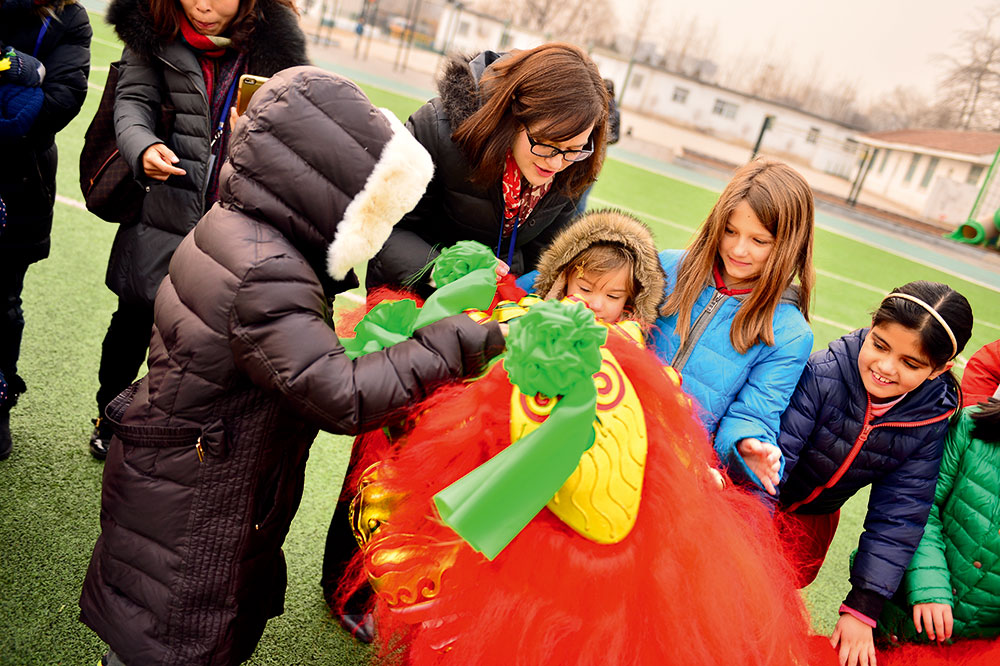


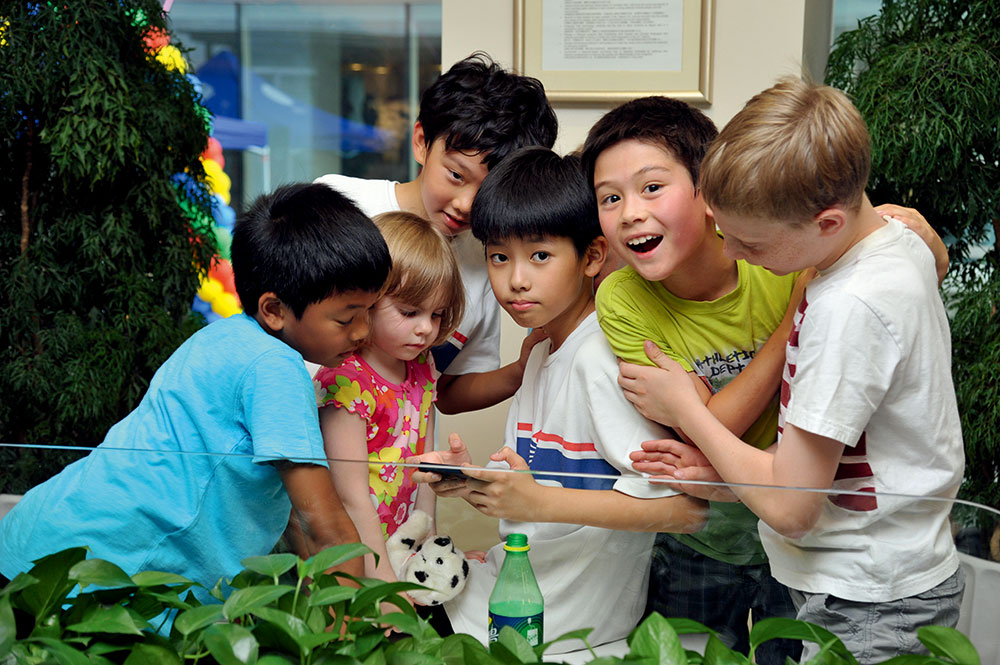
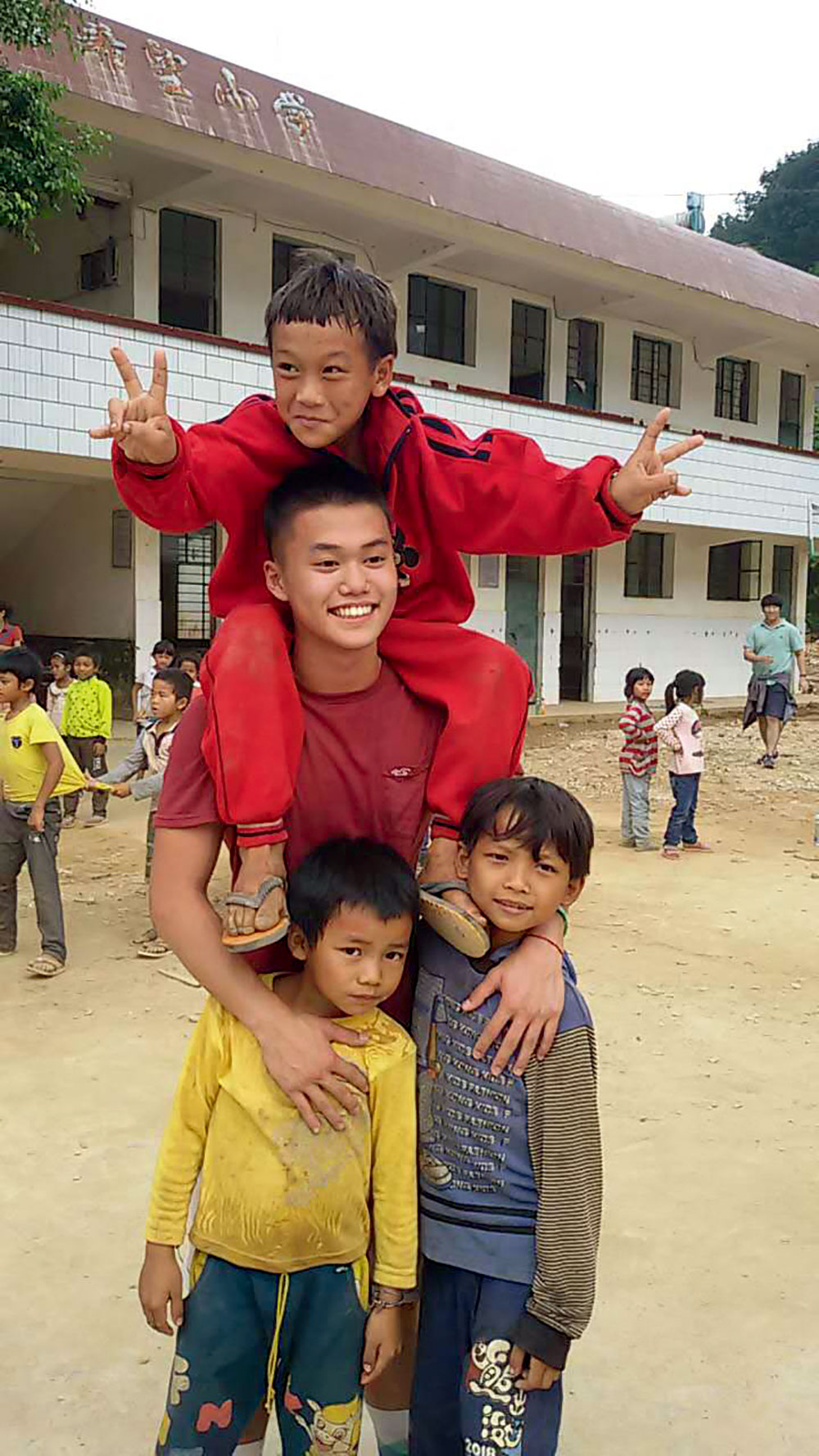
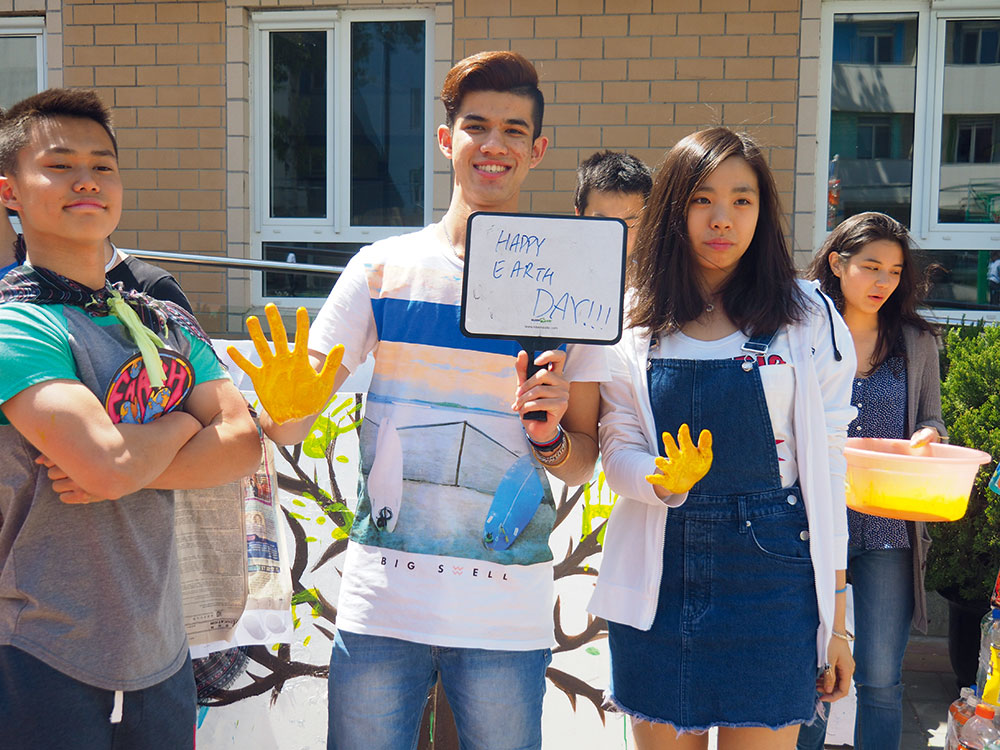
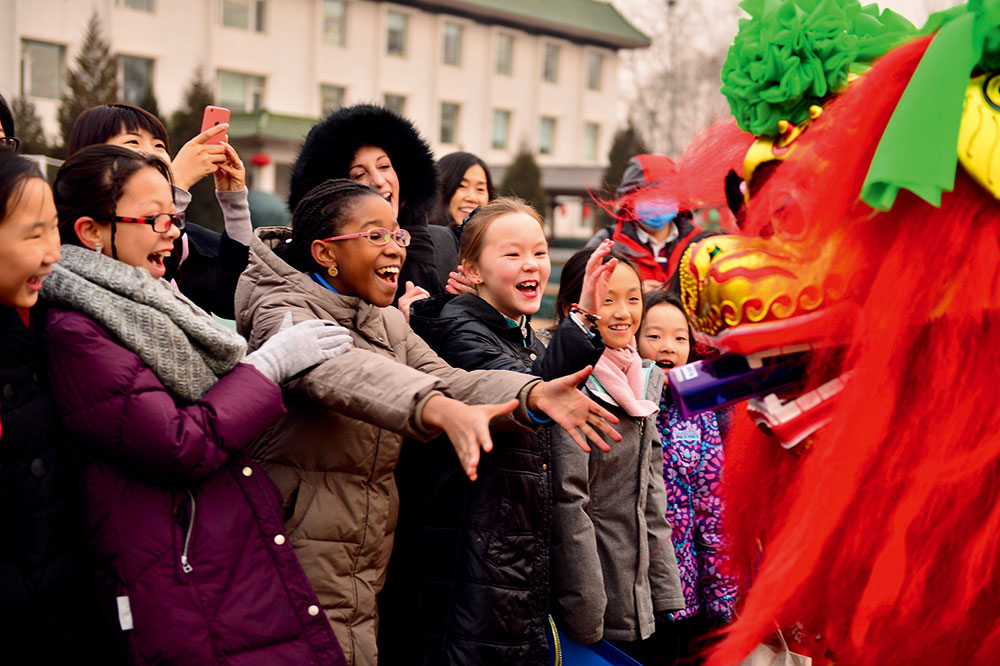





 You’ll then pick delivery method.
You’ll then pick delivery method.  And how you’d like to pay. The WeChat Wallet note is just in case you’ve been shopping in your mobile browser instead of in WeChat or on your computer. Users found they couldn’t long-press the QR code while in a mobile browser.
And how you’d like to pay. The WeChat Wallet note is just in case you’ve been shopping in your mobile browser instead of in WeChat or on your computer. Users found they couldn’t long-press the QR code while in a mobile browser.  Scan the QR Code while in WeChat to pay.
Scan the QR Code while in WeChat to pay.  Do a little dance! You’ve just had an English online shopping experience in China!
Do a little dance! You’ve just had an English online shopping experience in China! If you’re waiting for the packages eagerly, check out your account history. You can even see the tracking status.
If you’re waiting for the packages eagerly, check out your account history. You can even see the tracking status. 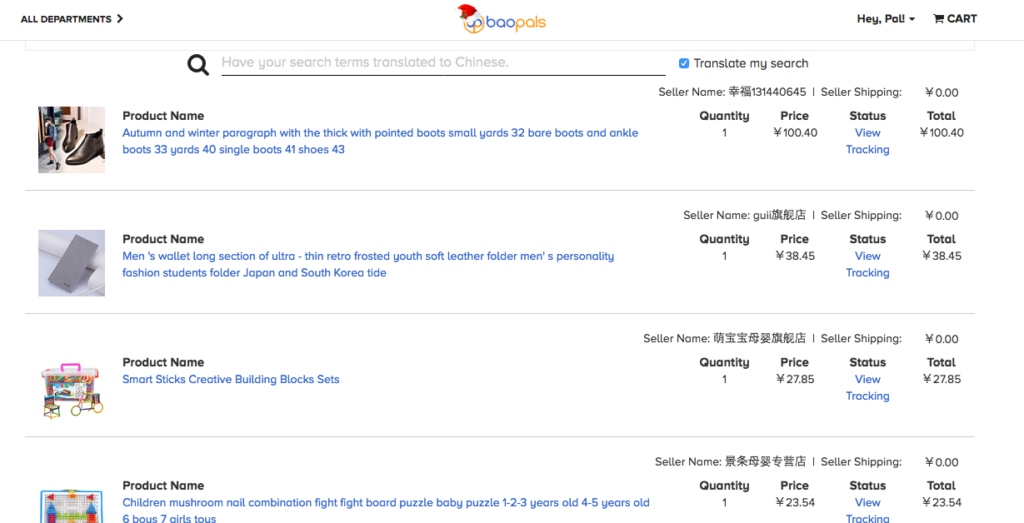






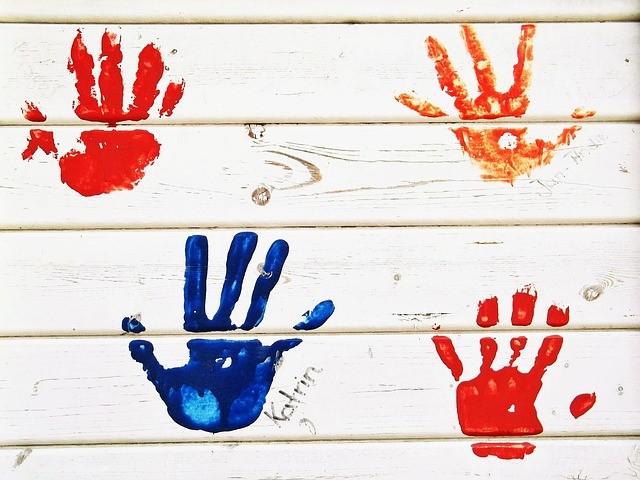





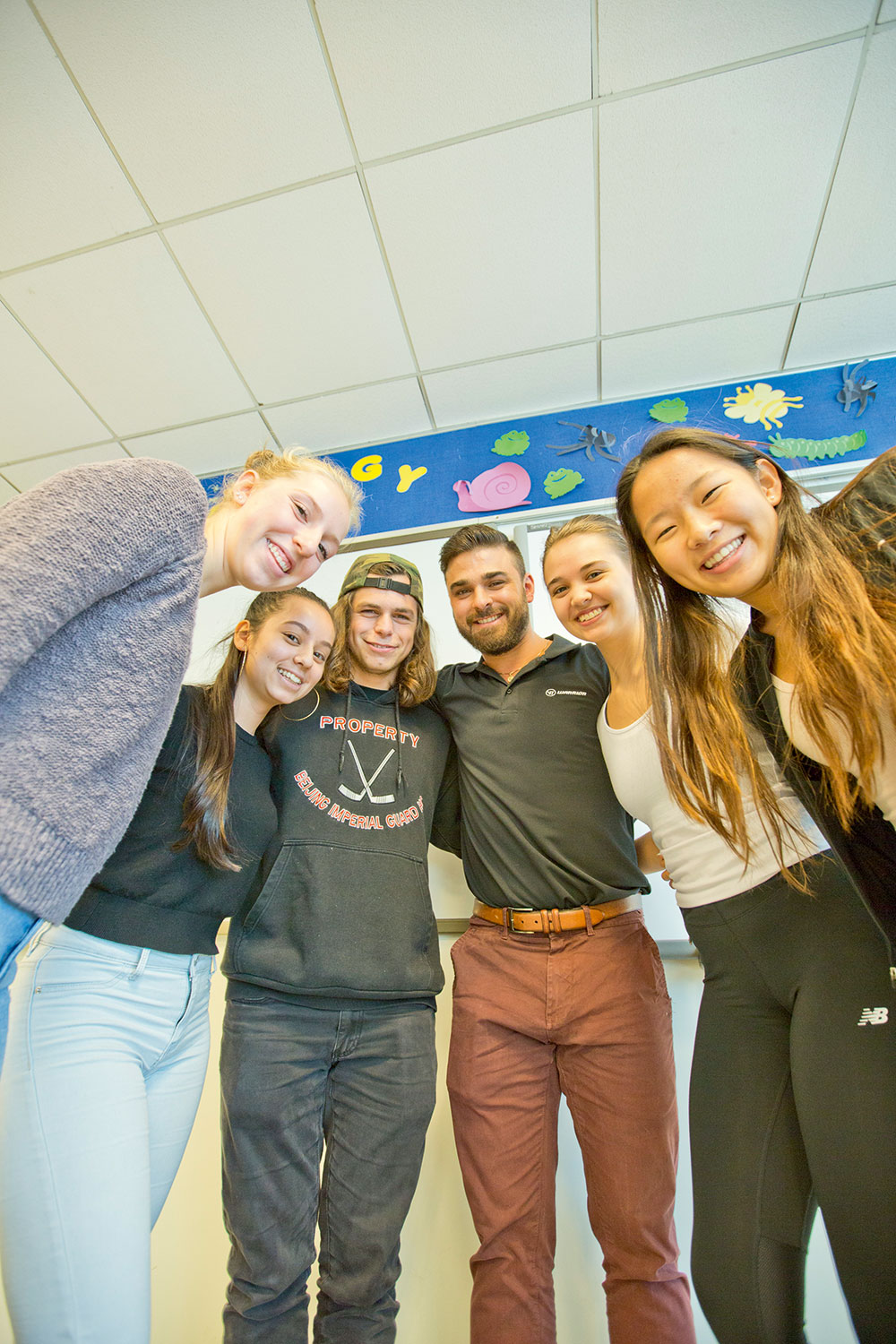
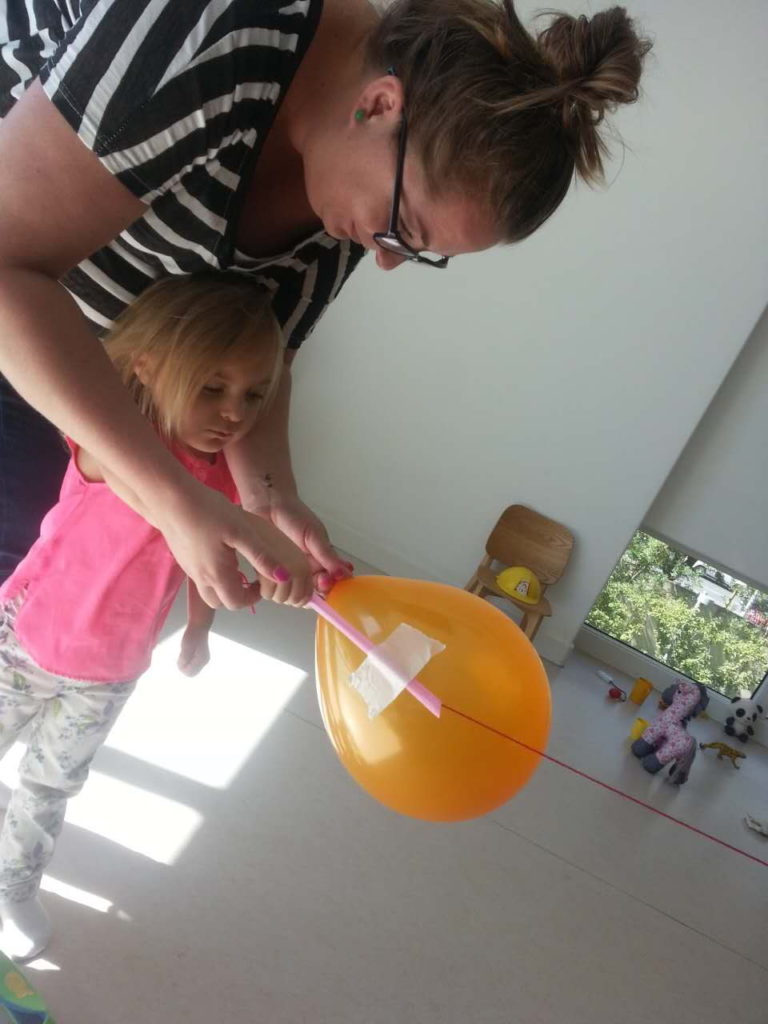

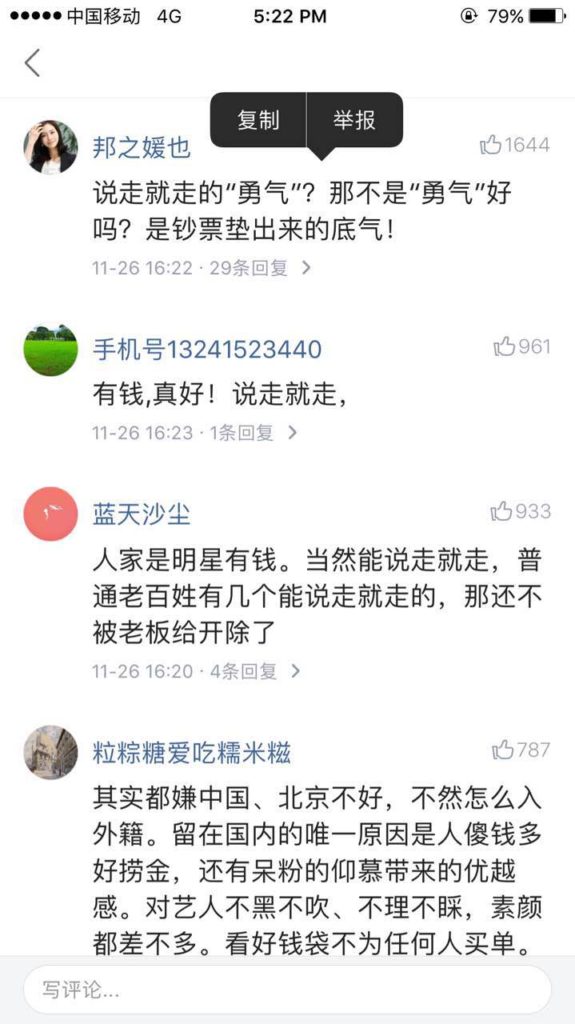

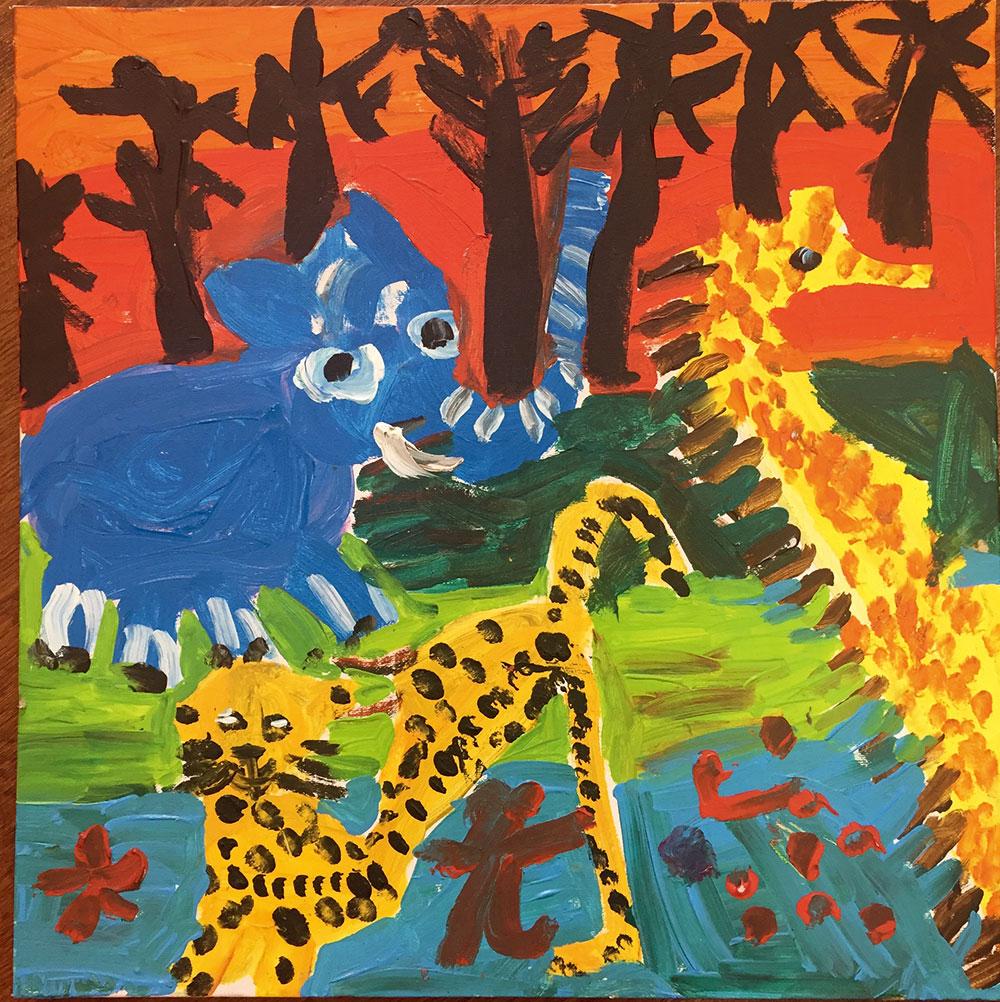








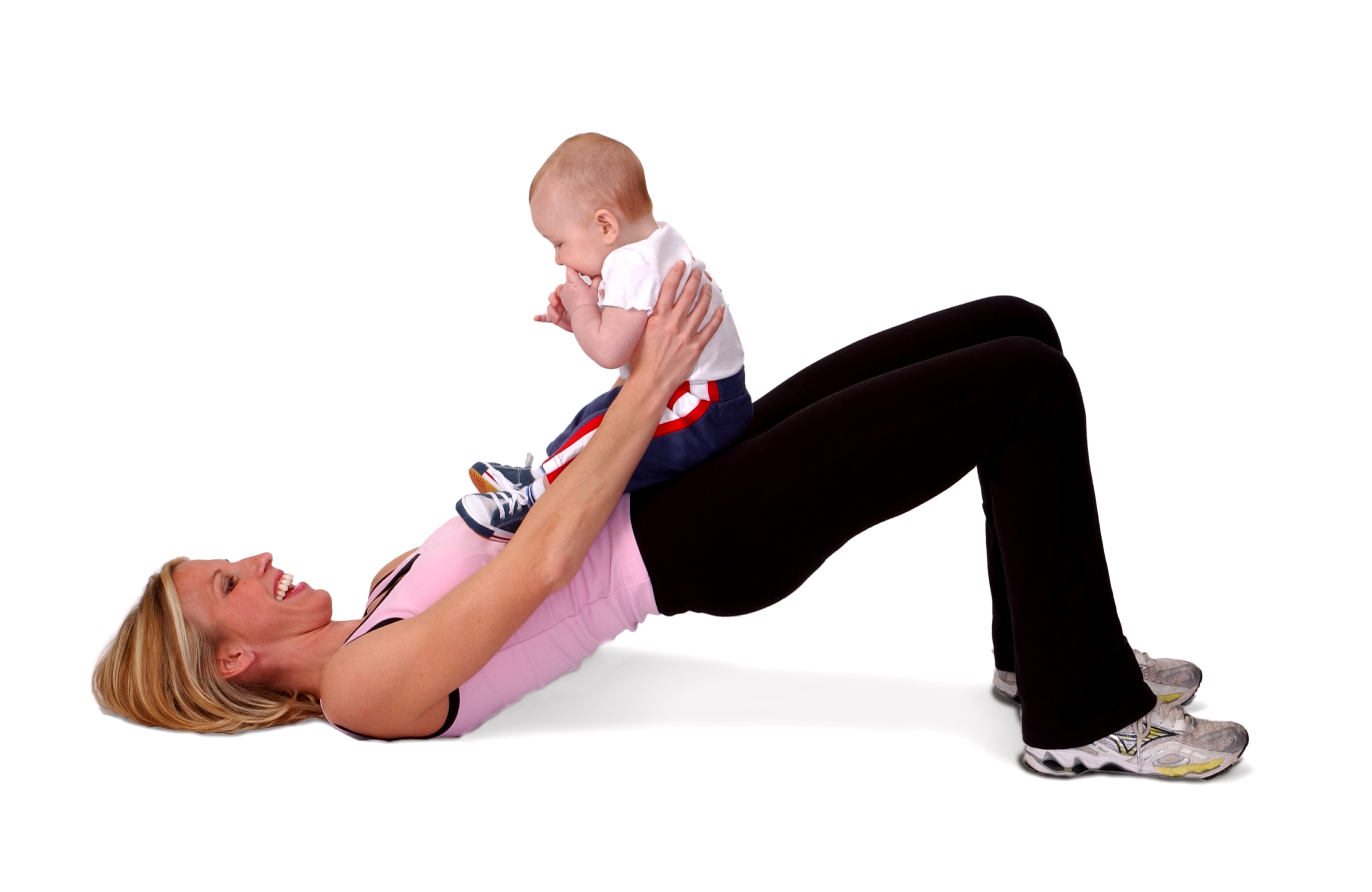 Yes, you can do whatever you feel up to doing, just don’t try to overdo it. Walking the dog, going for a stroll with your baby, these are nice relaxing activities and they get you out of the house, nobody likes to be cooped up all day. Household chores etc… leave them for your husband, that’s what he’s there for. Give yourself a chance to recover and to focus on your new born, especially during the first couple of weeks.
Yes, you can do whatever you feel up to doing, just don’t try to overdo it. Walking the dog, going for a stroll with your baby, these are nice relaxing activities and they get you out of the house, nobody likes to be cooped up all day. Household chores etc… leave them for your husband, that’s what he’s there for. Give yourself a chance to recover and to focus on your new born, especially during the first couple of weeks. I would recommend a pelvic health assessment 2 months after labor, especially for anyone who is suffering with stress incontinence. It’s is recommended for all women to do some physiotherapy 2 months after childbirth. This is the so called, pelvic muscle rehabilitation. A therapist or midwife would assist you in mastering control over your own pelvic muscles, correcting issues related to incontinence or constipation.
I would recommend a pelvic health assessment 2 months after labor, especially for anyone who is suffering with stress incontinence. It’s is recommended for all women to do some physiotherapy 2 months after childbirth. This is the so called, pelvic muscle rehabilitation. A therapist or midwife would assist you in mastering control over your own pelvic muscles, correcting issues related to incontinence or constipation.



